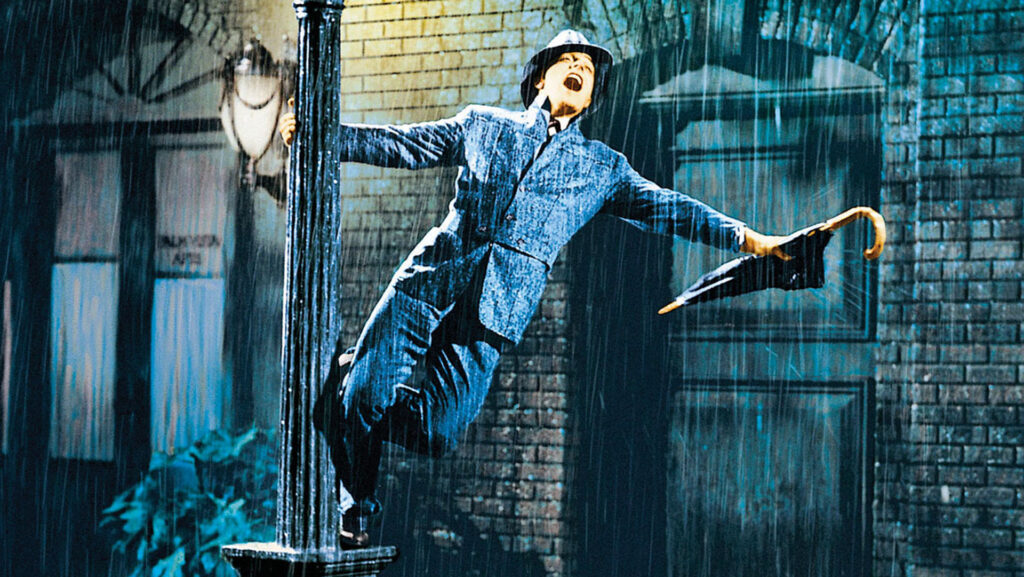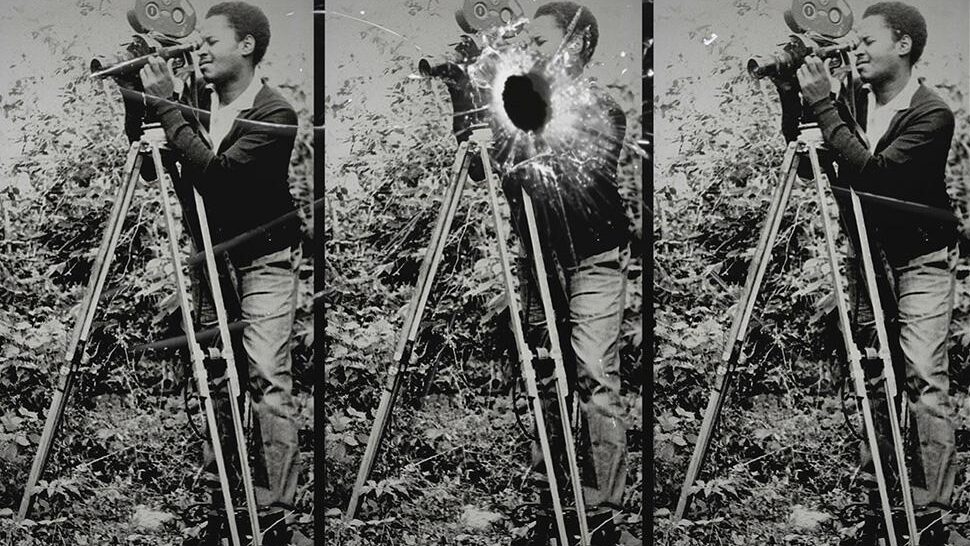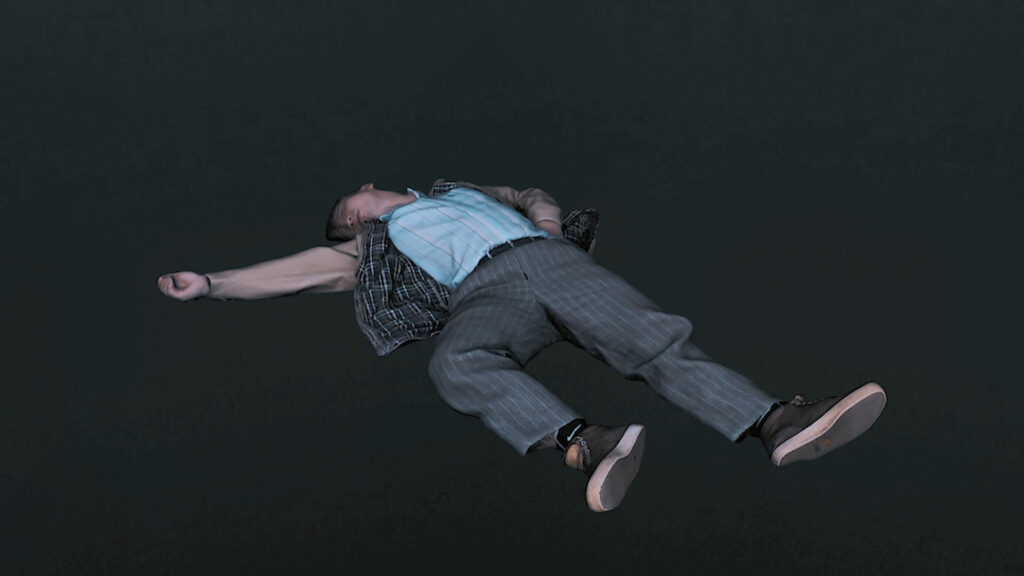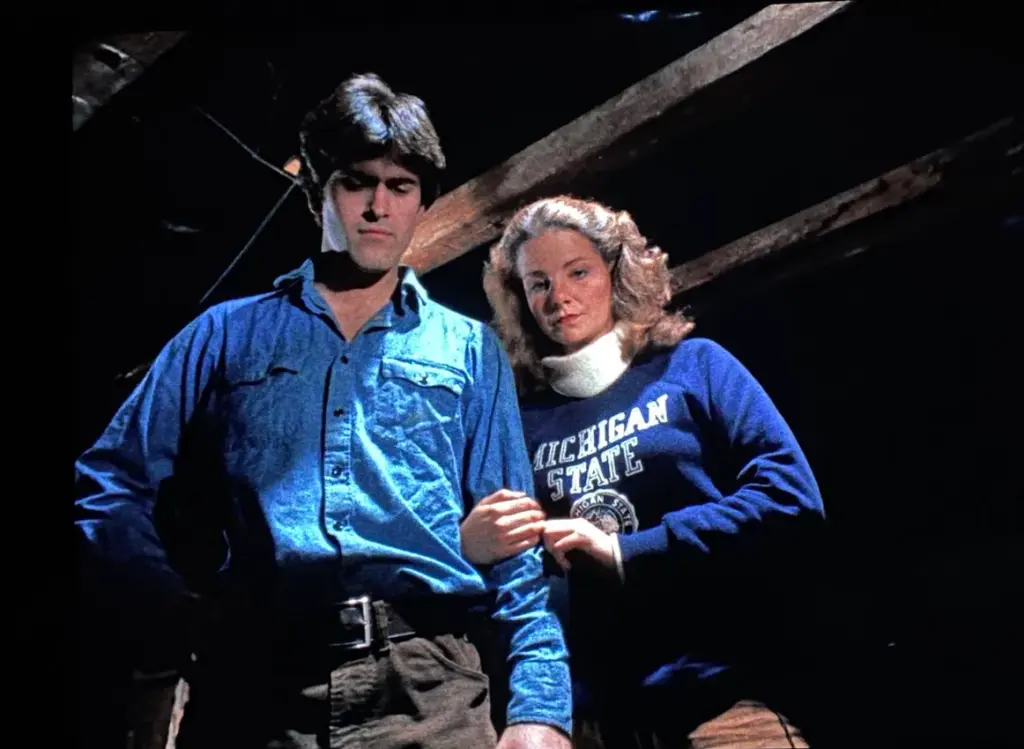FLM 200: The MSU Film Collective
We are the professors, students, filmmakers, screenwriters, and cinéphiles at MSU who gather weekly in the course FLM 200 to watch and discuss good films. In the spirit of the Cinémathèque française and the generation of film critics and French New Wave directors it inspired, our collective abides by the principle that good film writing and good filmmaking (and just plain good living) begin with serious film watching.

Spring 2026: The Industry Movie: Cinema on Filmmaking
At a time when we constantly have entertainment at our fingertips, how do we understand the industry that holds our attention? This course aims to dissect how the filmmaking process is portrayed in cinema, from the early shift of silent films to talkies (Singin’ In the Rain) to understanding how these shifts in entertainment impact our viewing experience (Goodbye Dragon Inn) to recent portrayals of a studio system that appears to be intoxicatingly desolate (The Studio) and everything in between.
All screenings will take place in B122 Wells Hall at 7pm. The series is free and open to all. West doors to Wells Hall, nearest Spartan Stadium, stay open until 7pm.

Thursday, January 15 – In Water (Hong Sang-soo, Korea, 2023, 61′)
Presented by David Schwartz
A young actor jumps into filmmaking to discover his own originality and becomes inspired after talking to a woman he meets by chance.

Thursday, January 22: The Player (Robert Altman, USA, 1992, 126′)
Presented by Bill Vincent
A hotshot Hollywood executive learns that making movies can be murder after he starts receiving threatening postcards from a rejected writer and a rival exec goes after his job.

Thursday, January 29: Symbiopsychotaxiplasm, Take One (Williams Greaves, USA, 1968, 75′)
Presented by Ellen McCallum
It’s 1968, and director William Greaves begins filming a movie scene in Central Park: an argument between a couple. At the same time, a documentary crew films the crew filming the movie. Meanwhile, a third crew films the filming of the two films. As Greaves plays the role of clueless artist, and on-set conditions deteriorate, his collaborators mutiny.

Thursday, February 5: Singin’ in the Rain (Stanley Donen and Gene Kelly, USA, 1952, 103′)
Presented by Kaveh Askari
When the transition is being made from silent films to `talkies’, everyone has trouble adapting. Don and Lina have been cast repeatedly as a romantic couple, but when their latest film is remade into a musical, only Don has the voice for the new singing part. After a lot of practise with a diction coach, Lina still sounds terrible, and Kathy, a bright young aspiring actress, is hired to record over her voice.

Thursday, February 12: Sunset Boulevard (Billy Wilder, USA, 1950, 110′).
Presented by Justus Nieland
An aging silent film queen refuses to accept that her stardom has ended. She hires a young screenwriter to help set up her movie comeback. The screenwriter believes he can manipulate her, but he soon finds out he is wrong. The screenwriters ambivalence about their relationship and her unwillingness to let go leads to a situation of violence, madness, and death.

Thursday, February 19: Landrían (Ernesto Daranas, Cuba/Spain, 2022, 80′)
Presented by Pedro Doreste Rodriguez | part of the MSU Latinx Film Festival
The restoration of Nicolás Guillén Landrián’s documentaries unearths the lost legacy of Cuba’s first black filmmaker and the dark truths surrounding the censorship of his work by the Cuban Revolution.

Thursday, February 26: Day for Night (François Truffaut, France, 1973, 115′)
Presented by Pete Johnston
A film director (François Truffaut) tries to get his movie made while observing the real-life dramas in his actors’ lives. Fading icon Severine forgets her lines when she drinks, while her co-star, Alexandre is fixated on his lover’s imminent arrival. Meanwhile, insecure young star Alphonse has emotional outbursts, yet seems well-balanced compared to Julie, a British actress recuperating from a nervous breakdown.

Thursday, March 12: Goodbye, Dragon Inn (Tsai Ming-liang, Taiwan, 2003, 82′)
Presented by Kuhu Tanvir
On a dark, wet night a historic and regal Chinese cinema sees its final film. Together with a small handful of souls they bid “Goodbye, Dragon Inn”.

Thursday, March 19: Aristotle’s Plot (Jean-Pierre Bekolo, Cameroon, 1996, 72′) & Illusions (Julie Dash, USA, 1982, 34′)
Presented by Tama Hamilton Wray
Tourneur, a self-proclaimed cineaste, feuds with Cinema and his gang, who are obsessed with foreign action movies.
An African American woman becomes a studio executive in the 1940s by passing as a white woman.

Thursday, March 26: Living in Oblivion (Tom DiCillo, USA, 1995, 92′) & The Studio, Episode 1 (Seth Rogen and Evan Goldberg, USA, 2025)
Presented by Margo Sawaya
Independent film director Nick Reve (Steve Buscemi) is making his first feature. Everything that can go wrong does: the rebellious catering crew refuses to replace spoiled milk, his actors are flaky and getting an unspoiled take is nearly impossible. Tension between lead actress Nicole (Catherine Keener) and actor Chad (James LeGros), who have just slept together, contributes to the many problems on set. As money and time run out, Nick struggles to complete his film.
Matt Remick is the newly appointed head of Continental Studios; desperate for celebrity approval, he and his executive team at the movie studio must juggle corporate demands with creative ambitions as they try to keep movies alive and relevant.

Thursday, April 2: The Making of Crime Scenes (Hsu Che-Yu, Taiwan, 2022, 22′) & The Exiles (Violet Columbus, Ben Klein, USA, 2022, 95′)
Presented by Chang-min Yu and Eli Boonin-Vail
Starting from a gunman involved in a murder case, The Making of Crime Scenes seeks to reflect the collective unconscious within society and politics through the gunman’s multiple peculiar roles—a filmmaker, a killer, a gangster, and a patriot.
Documentarian Christine Choy tracks down three exiled dissidents from the Tiananmen Square massacre to find closure on an abandoned film she began shooting in 1989.

Thursday, April 9: Pictures of Ghosts (Kleber Mendonça Filho, Brazil, 2023, 93′)
Presented by Scott Boehm
Pictures of Ghosts is a multidimensional journey across time, sound, architecture, and filmmaking that explores the rich, complicated history of the filmmaker’s home city of Recife—the coastal capital of the state of Pernambuco—through the great movie theaters that served as spaces of conviviality during the twentieth century.

Thursday, April 16: The Tower (Philip Rabelais and Auden Lincoln-Vogel, work in progress)
Presented by Dalina Perdomo Alvarez
“The Tower” is a feature-length film made in collaboration with untrained actors in Fairfield, Iowa.

Thursday, April 23: Evil Dead (Sam Raimi, USA, 1981, 85′)
Presented by film producer and MSU alumnus Robert Tapert
Ashley “Ash” Williams (Bruce Campbell), his girlfriend and three pals hike into the woods to a cabin for a fun night away. There they find an old book, the Necronomicon, whose text reawakens the dead when it’s read aloud. The friends inadvertently release a flood of evil and must fight for their lives or become one of the evil dead. Ash watches his friends become possessed, and must make a difficult decision before daybreak to save his own life in this, the first of Sam Raimi’s trilogy.